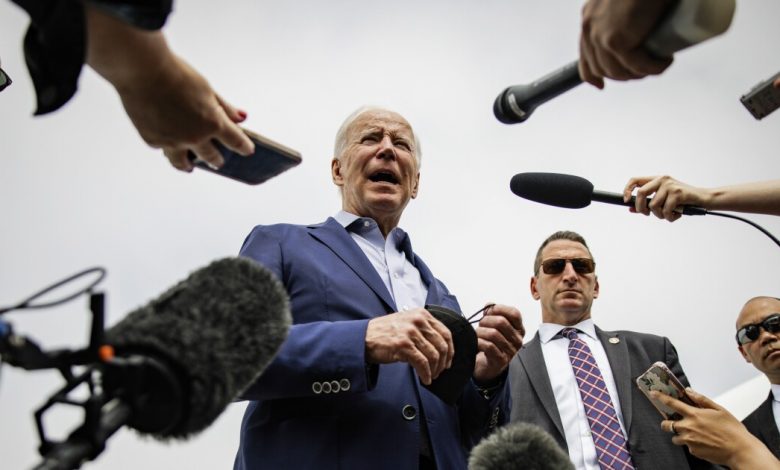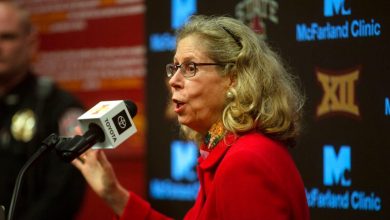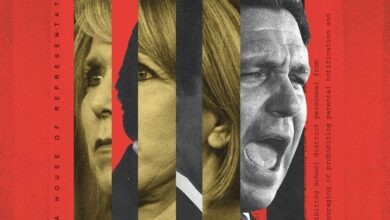Biden’s Student-Debt Forgiveness Is Reportedly Imminent. Here’s What You Need to Know.

After vowing during the 2020 election campaign to make student-debt relief a priority, President Biden reportedly will announce his long-anticipated decision on Wednesday.
The exact details about the plan aren’t known, but the administration has been considering canceling $10,000 in federal debt for borrowers who make less than $125,000 or $150,000 in a year, The Washington Post and Bloomberg have reported. Borrowers have been awaiting a decision about debt cancellation for months, some for years. While campaigning to be president, Biden said he supported canceling up to $10,000 in federal loans per borrower. If he does announce such a policy, most of America’s 43 million federal student-loan borrowers will see some relief.
How did we get here?
Student-debt forgiveness was a major topic of debate during the Democratic primary for the 2020 presidential election, with candidates to Biden’s left proposing more extensive cancellation. Soon after, the Covid-19 pandemic pushed the issue to the fore. The Trump administration paused mandatory student-loan payments and interest, and Biden has continued the policy. With the expiration of each pause, politicians began arguing anew about whether to extend it, and what to do about student debt in the long term. The current pause is set to expire on August 31.
But the road to cancellation started far before 2020, with years of increasing college costs and debt prompting grass-roots activism dating back to the Occupy Wall Street movement, as The Chronicle has previously reported.
Has Biden considered forgiving more than $10,000 per borrower?
Biden has consistently talked about $10,000 in debt erasure, though allies have pressured him to do more. For example, the NAACP calls for the government to forgive at least $50,000 per borrower for all borrowers, arguing that’s what’s needed to reduce the country’s racial wealth gaps. Several labor unions want wider forgiveness. The most liberal members of Congress have pushed for the cancellation of all student debt, public and private.
Republicans, meanwhile, oppose student-loan forgiveness. Some centrist Democrats, notably the economist and former Treasury secretary Lawrence H. Summers, have argued for a more modest forgiveness policy, citing the possibility that it could increase inflation.
Who will $10,000 in debt erasure help?
In March 2020, The Chronicle published an in-depth look at who holds federal student loans in America, based on a variety of data sources. That analysis offers useful context. Among other things, it found:
- A third of Americans with federal student loans owe $10,000 or less, and a majority of debt-holders owe less than $20,000.
- Although splashy stories often feature borrowers with very large loans, borrowers with smaller debts are more likely to have trouble repaying them. Prior to the pandemic, two-thirds of federal borrowers in default owed less than $20,000.
- Even if Biden imposes an income cap on whose loans are forgiven, most debt-holders will qualify. In 2019, 88 percent of federal borrowers reported family incomes of $100,000 or less, according to data The Chronicle received at that time through a public-records request. Granted, that’s family income at the time the borrower took out the loan, not the borrower’s current income. But as Justin Draeger, president and chief executive of the National Association of Student Financial Aid Administrators, told The Chronicle in June, a $150,000 income cap would exclude very few borrowers. Some advocates argue for lifting the cap altogether, saying such a cap would create logistical hurdles for both applicants and the government.






